
Quantum leap for student computing team
A team of three UVic computer science students won three awards in a recent global quantum computing competition.

A team of three UVic computer science students won three awards in a recent global quantum computing competition.
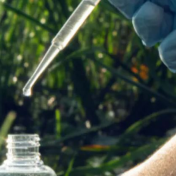
Using DNA to track animals in their natural environment
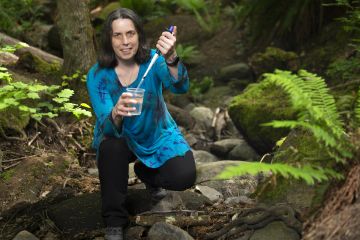
UVic biochemist Caren Helbing co-leads pan-Canadian $12-million project iTrackDNA, partnering with Indigenous groups across the country to track regional biodiversity changes using eDNA technology.
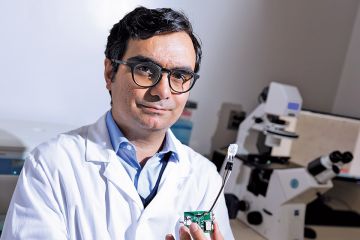
New smart microfibres target emerging drug therapies for deadly disease.
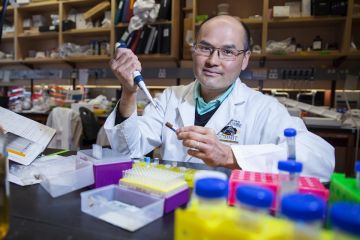
A strong knowledge of how the body processes sugar is crucial in designing one-of-a-kind cancer treatments. University of Victoria immunologist Julian Lum, the recipient of a $1.08 million research grant, is engineering natural immune cells to fight cancer using a kind of immunotherapy called CAR-T therapy.
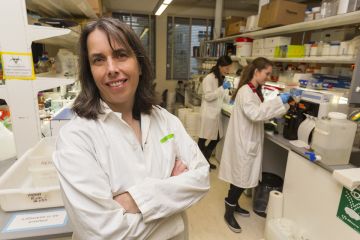
A new genetic tool developed by UVic researchers can detect an endangered species' DNA from water, making environmental impact assessments more effective and reliable. The eDNA—or environmental DNA—technology detects the presence of a species in a matter of days.
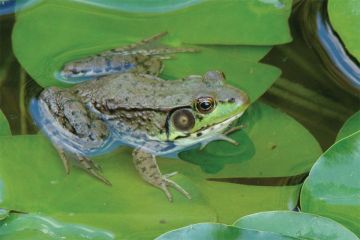
A UVic molecular biologist has gained new insights into how environmental contaminants may disrupt thyroid systems. The discovery was made while assembling the genome of the North American bullfrog.
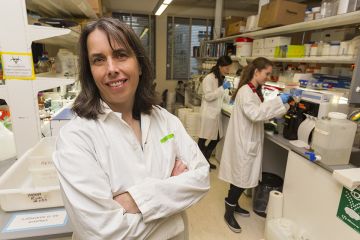
A University of Victoria molecular biologist has new insights on how environmental contaminants may disrupt thyroid systems, discovered while assembling the genome of the North American bullfrog.
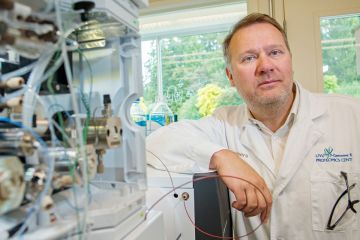
A project co-led by UVic biochemist Christoph Borchers will use more than $3.8 million in new funding from Genome Canada to make mouse models more powerful and meaningful to the study of health and disease. Also funded is UVic chemist Fraser Hof, who receives $238,800 to investigate “methylation”—the smallest form of biochemical control switch.
UVic leadership in genomics and proteomics research took another big leap forward late last month with the announcement of a new national Genomics Innovation Network (GIN). The $15.5-million network is made up of 10 nodes, each of which is receiving core operational funding from Genome Canada, with matching funds from various public and private sector partners.